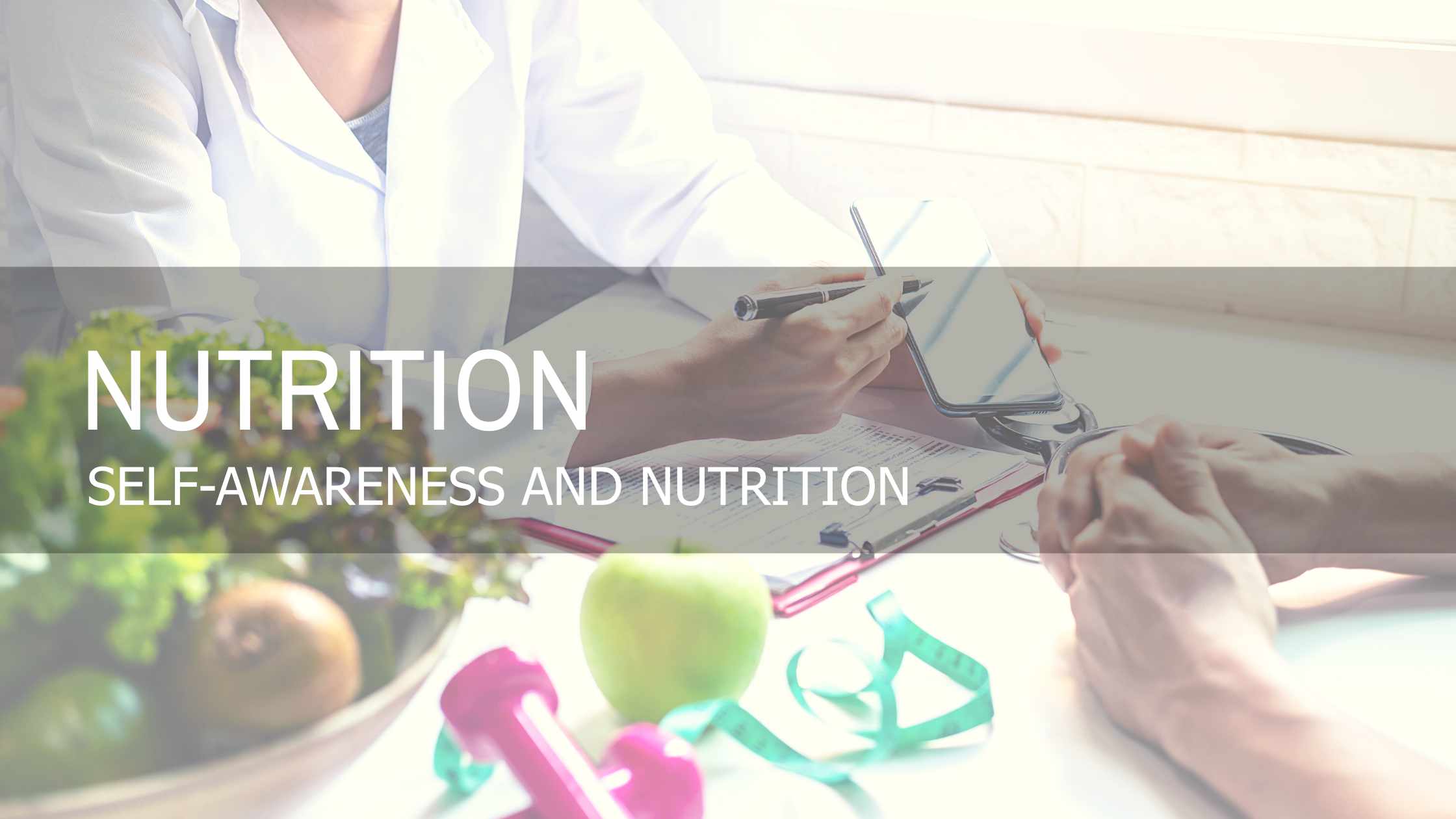
Apr 30 , 2021
0 Comments
Emotional Contributors to Stress | Self-Awareness and Nutrition
Most of us know the general guidelines for healthy eating: getting enough vegetables, fruits, whole grains, lean meats, and healthy fats. But why do we struggle with maintaining a balanced diet? Stress level, environmental cues, and emotional responses to eating can create a strong, underlying pull to engage in behaviors that we often don’t think twice about, such as snacking while bored, over eating while stressed, and eating because of a craving regardless of our actual hunger level. The ability to stay mindful and understand our surroundings, emotions, thoughts, and motivations is called self-awareness.
Stress Level
Whenever we become highly stressed, the body goes into a “fight, flight, freeze, or fawn” stress response where the body uses extra energy and goes on high alert, through the release of adrenaline and norepinephrine, and subsequently, an extra influx of cortisol, to address the immediate threat. As a result, this may cause a change in hunger and appetite and influence cravings.
Hunger is the biological need for food.
Appetite is the desire for food influenced by our environment, mood, and stress level.
Cravings are the fixation and impulsivity/compulsion to eat certain foods triggered by environmental and emotional cues.
Stress Response
In a stressed state, the mind perceives the stressor (a thing, person or event which elicits a stress reaction) as an immediate threat to our safety. So, when cortisol is eventually released into the system, there are two main reasons why we may seek out food: creating energy reserves and boosting mood.
First, if we are expending excess energy during the “fight, flight, freeze, or fawn” stress response, the body will want to acquire food for quick energy (sugary foods) and energy stores for later use (fatty foods) to ensure that we have enough energy to fend off the “dangerous” situation. However, the body doesn’t differentiate between a hectic workday versus running away from a predator, as such, this adaptation can work against us by contributing to overeating and weight issues.
Next, when we are in a heightened state, it can dysregulate the body and deplete our dopamine and serotonin levels, which are responsible for things such as mood regulation and motivation. As a result, we may seek out temporary mood boosts in the form of sugary and fatty foods (which is tied to the pleasure/reward center of the brain).
Long-Term Effects of Stress
Over time, if the cortisol level is chronically in excess, it can damage the serotonin and dopamine receptors. First, the production of tryptophan, the precursor to serotonin (a neurotransmitter which is responsible for mood regulation) is halted. Next, an excess of dopamine (a neurotransmitter for motivation and pleasure) floods the brain’s working memory and decision-making which then eventually gets burned out. These things can often lead to depression and anxiety. This, then, creates a cycle of craving sugary and fatty foods (quick, temporary doses of serotonin and dopamine) to help regulate mood and to feel better. However, this only works temporarily because it further dysregulates the body through high blood pressure, cardiovascular issues and excess weight gain.
Environmental Cues
Often times, what we eat and desire to eat is suggested to us through subtle cues in our environment (commercials, other people, fond memories, a part of our routine, etc.) and our current emotional disposition rather than experiencing actual hunger. The more we are reminded of wanting something (such as a favorite treat), the more tempted we are to seek it out. As previously mentioned, we are wired to seek out what feels good to us, especially in times of stress. Since, culturally, we have easy access to an abundance of food (larger portion sizes, variety), it’s easy and sometimes tempting to maintain an unhealthy diet without much thought.
What Are Some Tools to Help with Self-Awareness in Our Eating Habits?
Pay Attention to Your Environment - Sometimes, we eat and drink mindlessly because the food and alcohol are right in front of us or we eat just to have something else to do while we watch a movie or TV show. Other times, we develop a habit of eating dessert every night as part of a routine. What are some other things that you can do to replace those habits?
Check-In with Your Feelings - Because there is a significant relationship between stress and eating, it is important to acknowledge and own how you feel. When we repress our feelings, it causes a lot of internal conflict which we often self-medicate with unhealthy foods or alcohol. Although feelings can be scary, acknowledging them, even just to yourself, can decrease stress and they usually lessen over time.
Allow Yourself Some Time to Unwind on a Consistent Basis - An element of chronic stress Is feeling overwhelmed by everyday demands so it is important to have some “personal time” to do whatever you find enjoyable on a regular basis. This will bring mor enjoyment into your life while also reducing stress.
Don’t Stock Your Pantry Or Fridge with Things That Might Tempt You - Stress eating habits are about seeking comfort combined with having convenience/opportunity. If your guilty pleasure is not within reach, then you’re less likely to overindulge.



